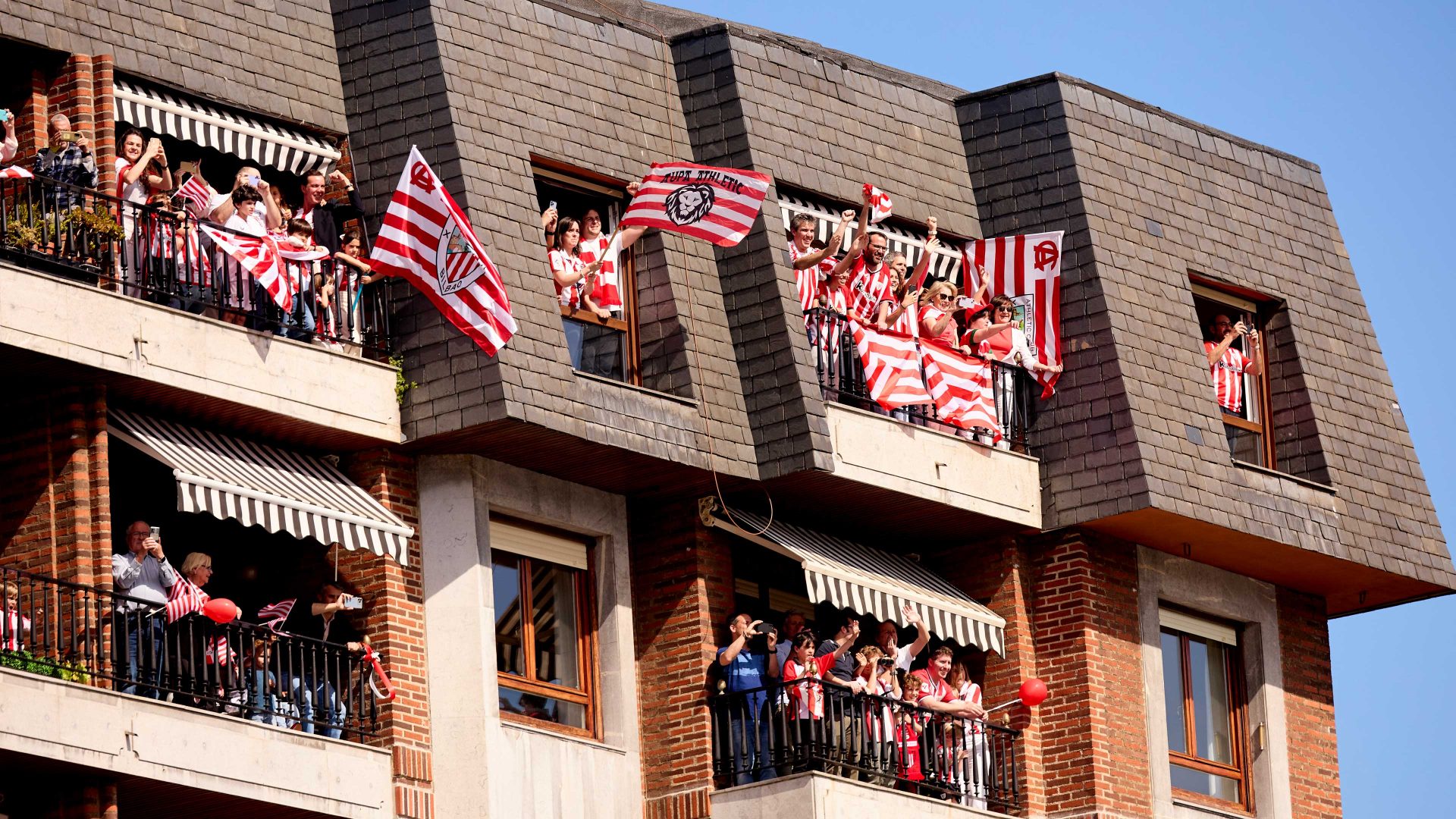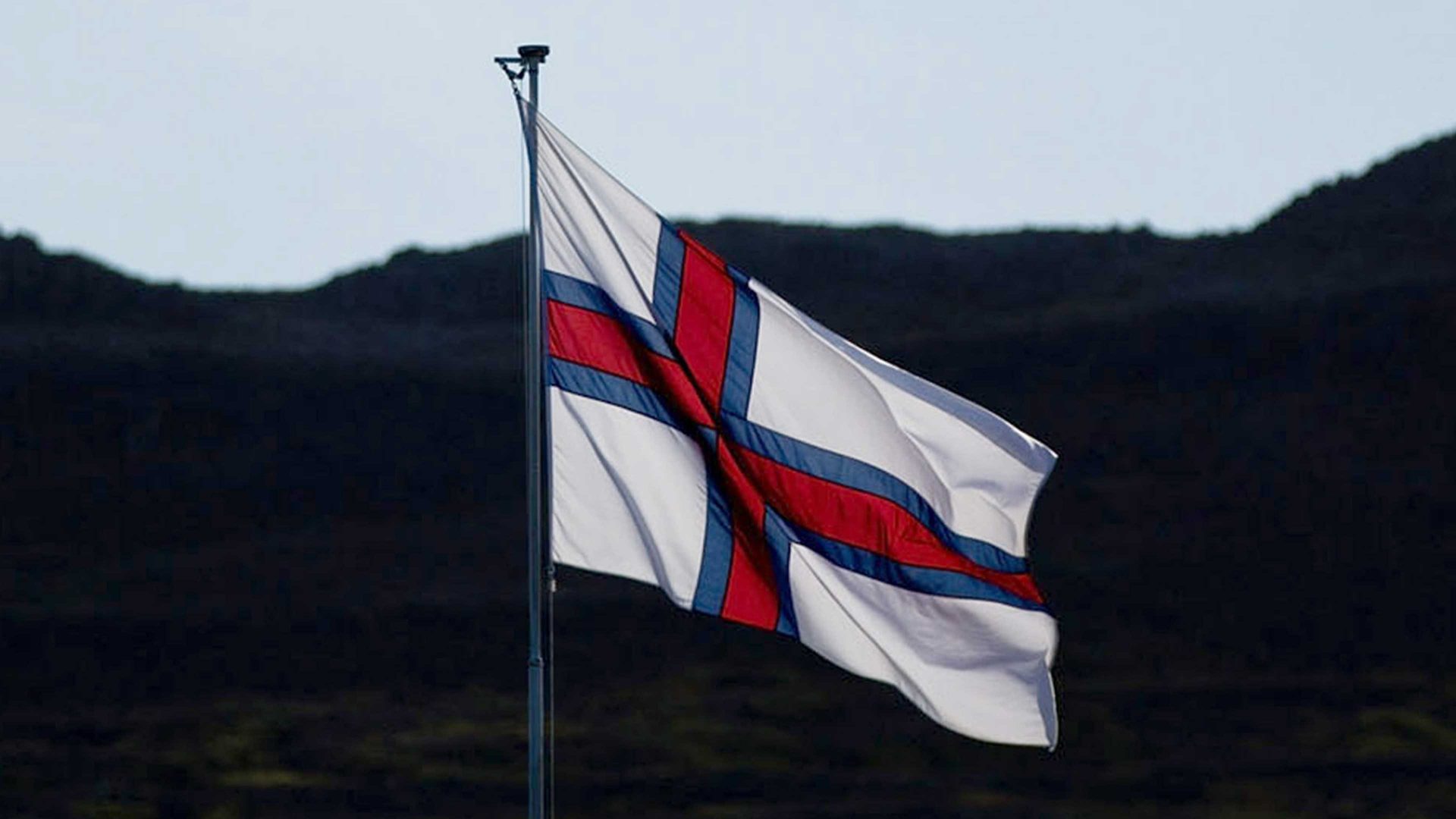As my usual bus pulled up to what would be the second stop on its journey, the driver shouted to those waiting to board that there were only three more spaces. Unluckily for me, I was fifth in line.
It was obvious that Bilbao was going to be heaving. I often travel into the city from a small fishing town called Bermeo, almost always on a half-empty bus.
However, on April 11, more than one million people – just under half of the Basque Country’s population – descended on Bilbao. Its football team, Athletic, had won the Copa del Rey, Spain’s version of the FA Cup, for the first time in 40 years in Seville the previous Saturday.
In line with tradition, the team was taking part in a flotilla down the River Nervión before greeting fans at the town hall. They would then tour on an open-top bus. The homecoming is known in Basque as the Gabarra, which means barge in English.
It’s often said that the National Health Service is the UK’s religion; in Bilbao, Athletic Club is the religion of the city and Vizcaya region, and for the last week it has been the religion of the entire Basque Country.
I am not normally a football follower. I’ll cheer along every four years if we do well in the World Cup, and that’s about it. As I walked to the bus stop in my red and white Athletic T-shirt I wondered how I had become so swept up this time.
Eventually, I gave up on the bus and resigned myself to taking the train. Although the route is scenic, it takes an hour and a half rather than an hour by bus and the seats are incredibly uncomfortable.
I got on at Bermeo and was chuffed to have the whole carriage to myself. The train stopped at a couple of stations, and a few people got on, most wearing Athletic kits.
But as we pulled into the historic town of Guernica, the platform was heaving. The doors opened and people rushed in to try to get a seat for the remaining hour of the journey.
At every stop onwards the train got busier and within half an hour, the carriage was a sea of red and white, with excited voices chatting in Basque and Spanish. A party atmosphere brought shouts of “Aupa Athletic” – “come on Athletic”.
By now I was sitting next to a family of three and conversation sprang up. I asked if this was their first Gabarra.
Maida, the father, surprised me with his age by claiming he was 16 at the time of the last one. He made a drinking gesture and added that he couldn’t remember too much from the day. His partner, Maria, poked fun at his age saying she wasn’t old enough to have been there.
Maori, their 14-year-old daughter, is part of a new generation of Athletic supporters for whom this is their first experience of a Copa del Rey victory.
When the train pulled into Bilbao, we said our goodbyes. The station was so full that walking down the steps felt like leaving an arena after a gig. We spilled out onto a street filled with red and white tops, while overhead Athletic flags were being waved.
There is a special link between the Athletic team and the Basque people. Every single one of Athletic Club’s players was either born in the Basque Country or brought up there. For a region that has a strong independence movement, Athletic’s win against other Spanish clubs is a huge source of pride.
I met up with some friends, intending to get a spot by the Nervion but found it already rammed. We ended up squeezing onto a bridge. Jubilant faces were everywhere and red flares were set off as the flotilla approached.
To our left we could see, on a tall embankment, Athletic’s San Mames Stadium. A banner draped over the side of the embankment read: “Athletic, unique in the world”. As a million people crammed into a city of 350,000, it certainly felt so.
Callum Tennant is a British writer living in Bilbao



